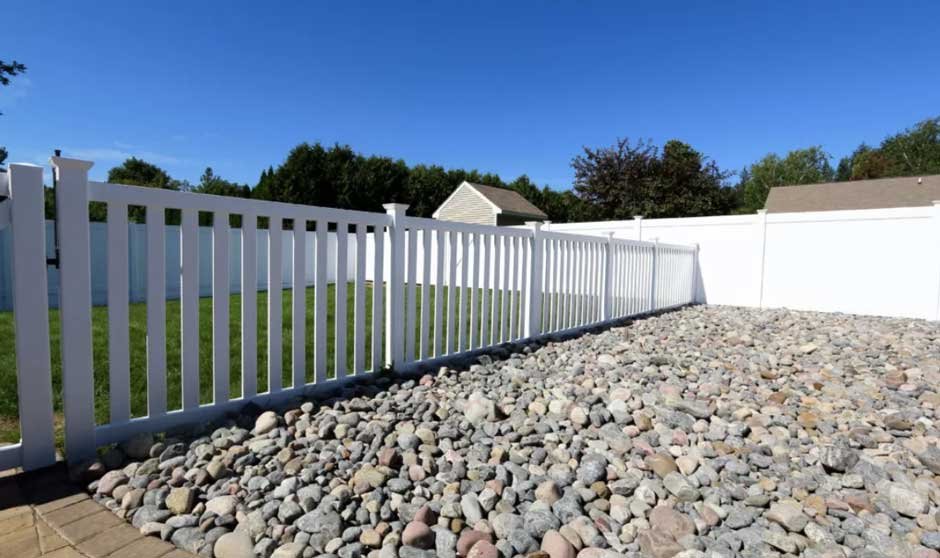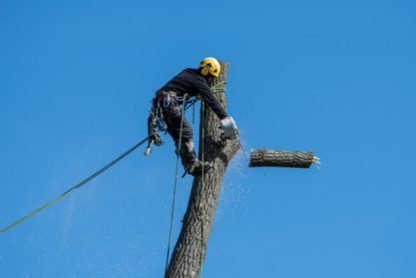Property owners should understand the optimal time for fence installations to succeed in the project and manage their resources effectively. Selecting the right time can lead to a reliable fence company, smoother installation, lower costs, and a more durable and long-lasting fence. Below is a guide on the best time of year to buy a fence.
Understanding Seasonal Considerations for Fence Installation
The weather is one of the factors that can influence fence installation. Consider seasonal temperatures and precipitation to choose an ideal time for the project.
Spring
In the spring, fence companies have a broad range of stock and materials to choose from as they replenish their supplies after winter. The weather conditions during this season are often optimal for installations carried out by a professional fence company due to the mild temperatures and reduced rainfall. This means that the ground is typically easier to work with, making the installation process smooth and efficient. A spring installation gives your fence ample time to ‘set’ before the harsh winter weather, strengthening its durability and longevity.
Summer
Summer is another favorable season for fence installation. There are longer daylight hours, which gives fence companies more time to work. This can speed up the completion of your project. The dry conditions of summer minimize disruption from rain or snow. High summer temperatures can make the ground hard and challenging to work with, demanding more effort and potentially affecting installation times. Prolonged exposure to intense sunlight can also cause certain materials, like vinyl, to expand or warp, affecting the fence’s durability.
Summer is usually a slower time for fence companies, so you may get better deals on materials or labor costs. The installation process will be complete before winter arrives. This gives the fence ample time to settle in and adjust to its environment before harsher weather impacts.
Fall
Fall can be the best season for a fence installation in most cases. Temperatures are more moderate and mild than summer, making it easier to work on the project. The ground is softer during this time, allowing for smoother installations. There’s less chance of your fence being affected by extreme temperatures or precipitation. Due to lower demand, some suppliers may not have the full range of materials and components available.
Winter
Fence installation in the winter is risky due to snow, ice, and freezing temperatures. During this season, a fencing company should be well-prepared and have enough experience with cold-weather projects. Winter could be ideal in warmer regions because the weather is mild, and the ground is easier to work with.
Weather and Climate Impact on Fence Installation
The weather and climate can impact the fence installation process. Consider seasonal temperatures, rainfall, snowfall, winds, and humidity when scheduling your project. Prioritizing these factors may help you choose an ideal time of year for the installation. This can minimize potential delays or damage due to harsh weather conditions.
Temperature and Its Effect on Different Fence Materials
Different fence materials react differently to temperature changes. Wood might warp or shrink in extreme heat or cold, so you’ll want to keep it stained and sealed. Metal or vinyl can expand and contract due to intense sunlight. Choose an appropriate time of year, considering these conditions for your fence to remain sturdy, reliable, and long-lasting.
Rainfall and Humidity Considerations
Rainfall and humidity can make it harder to install a fence if the ground is wet or muddy. Consider seasonal precipitation levels when planning your installation to avoid unexpected delays due to adverse weather conditions.
Snow and Frost Concerns in Colder Climates
In areas that experience cold weather, consider the impact of snow and frost on fence installation. Snowfall can cause delays in project completion, while frost can make materials stiff or brittle, making them harder to work. Plan for these conditions when scheduling your fencing project.
Partnering With a Trusted Fence Company for Timely and Optimal Fence Installation
Timing your fence installation can impact the success and efficiency of the project. The right time provides optimal conditions, leading to a smooth installation, a longer lifespan for your fence, and potentially lower costs. By partnering with a reliable fence company, you can leverage their expertise to assess weather patterns, considering seasonal temperatures and precipitation. They may also elaborate on how different fence materials can react in varying climates. Understanding these factors and coordinating with your chosen fencing company can help schedule your project at the most beneficial time.









